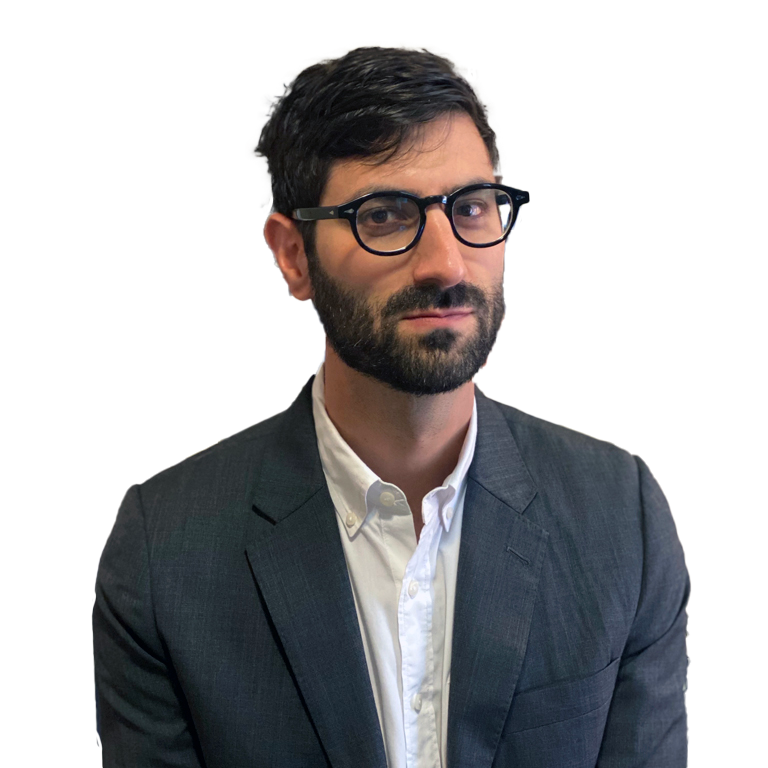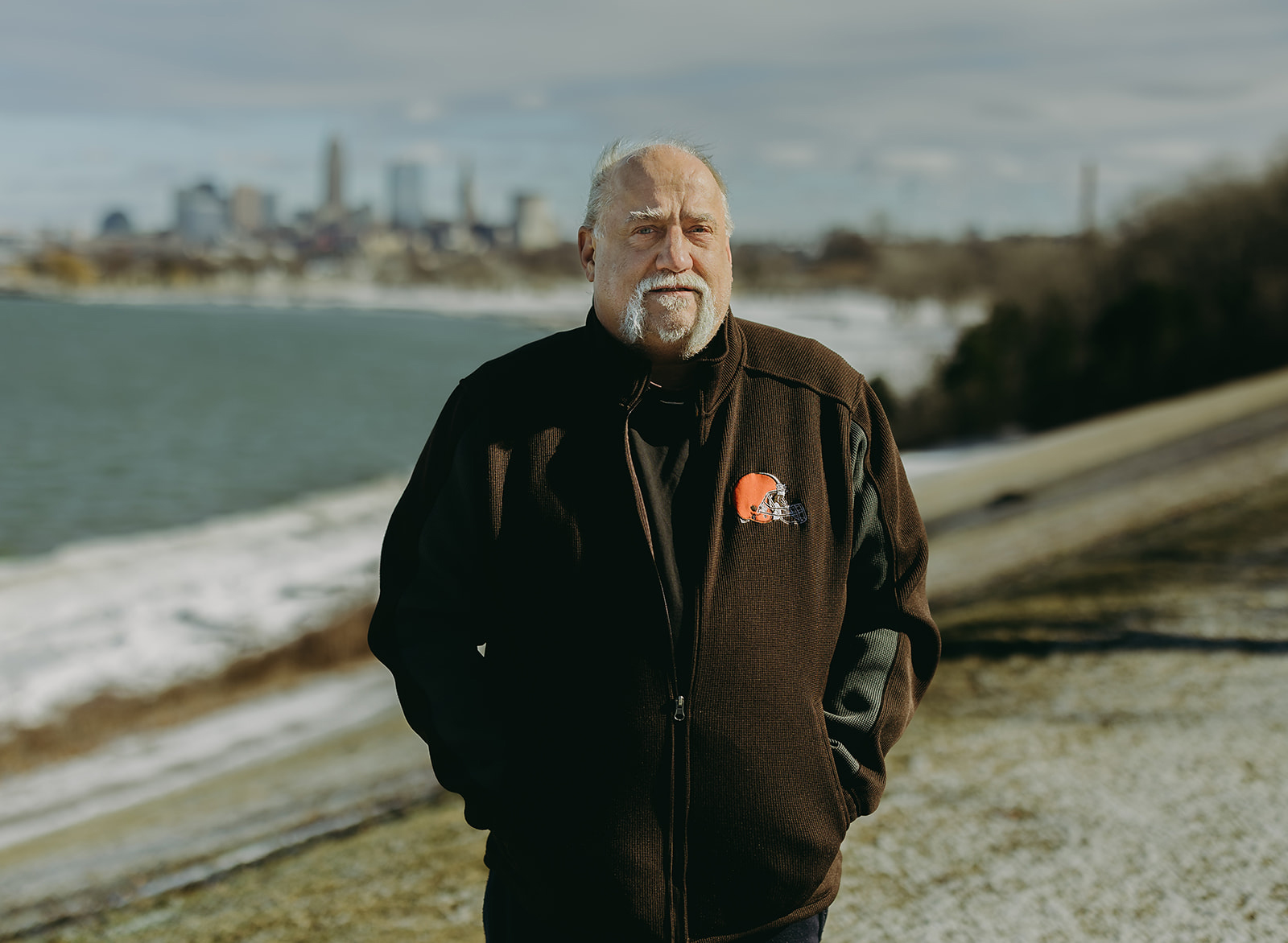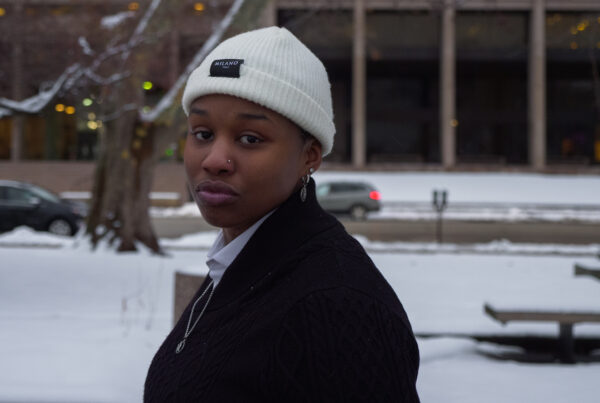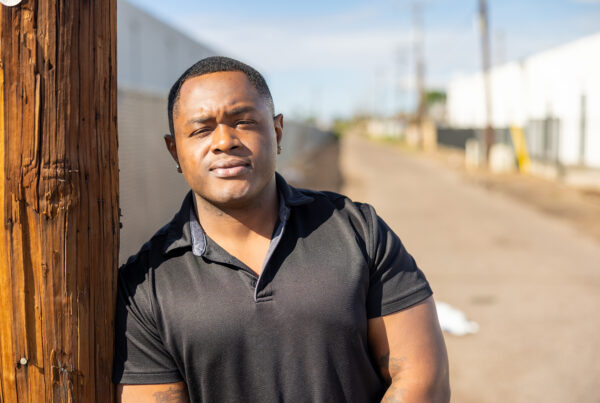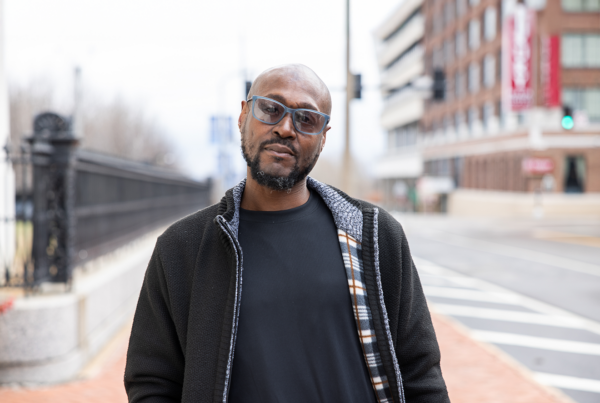Jeff, a lifelong construction and home-improvement worker in Cleveland, Ohio, has built his career in flooring. His journey started early – he installed his first floor in tenth grade, and by his senior year, he had taken out a $6,000 business loan to buy a commercial carpet cleaner. His father was skeptical at first, but when Jeff landed a $3,000 contract right away, his father knew he was on the right path.
Over the years, Jeff has taken pride not just in his craftsmanship, but also in the way he treats people. He has always believed in second chances, often giving work opportunities to those struggling to get back on their feet.
“I’m the kind of guy who would give you the shirt off my back even when I’m freezing.”
“I’m the kind of guy who would give you the shirt off my back even when I’m freezing,” Jeff said.
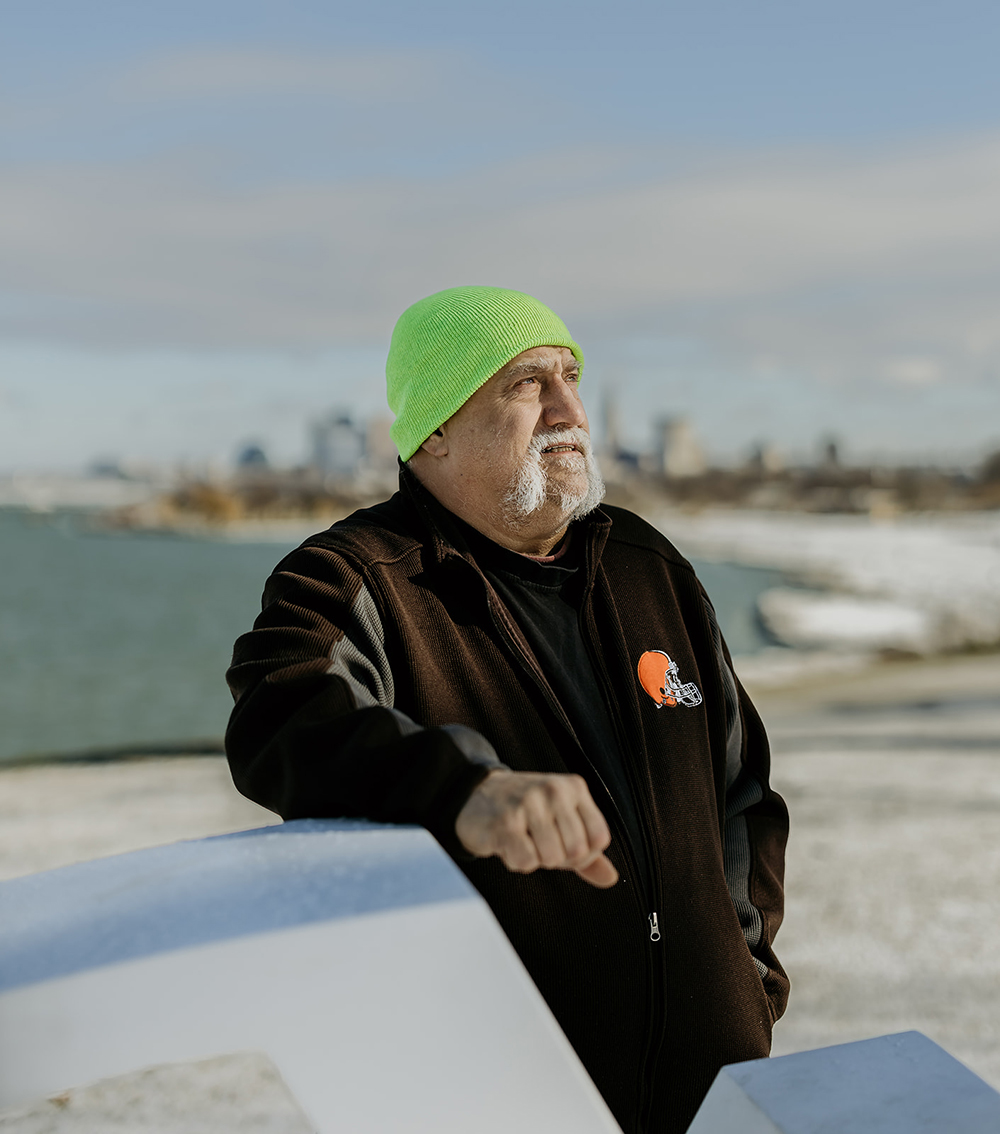
Jeff’s empathy comes from personal experience. As a young man, he suffered a traumatic brain injury in a dirt bike accident, leaving him with long-term challenges. At times, he has self-medicated – sometimes excessively, he acknowledges. He has also faced a difficult divorce, financial setbacks, and periods of homelessness. For a time, a friend let him sleep in their gas station because he had nowhere else to go.
“I enjoy helping people who are struggling to keep their lives together,” Jeff said. “I know I’m struggling.”
Helping others has taken many forms for Jeff – offering jobs to those in need, teaching young workers how to protect their bodies on the job (good kneepads are essential!), and opening his home to unhoused people. He also finds strength in prayer and believes that sharing it with others can be healing.
But his generosity has sometimes come at a cost. Recently, he had a falling out with someone he was trying to help – a man who, Jeff says, took advantage of him and ultimately stole from him. The situation escalated into an altercation, and Jeff was arrested. He maintained that he acted in self-defense, and a grand jury ultimately did not indict him. Still, he spent four days in jail before The Bail Project secured his release.
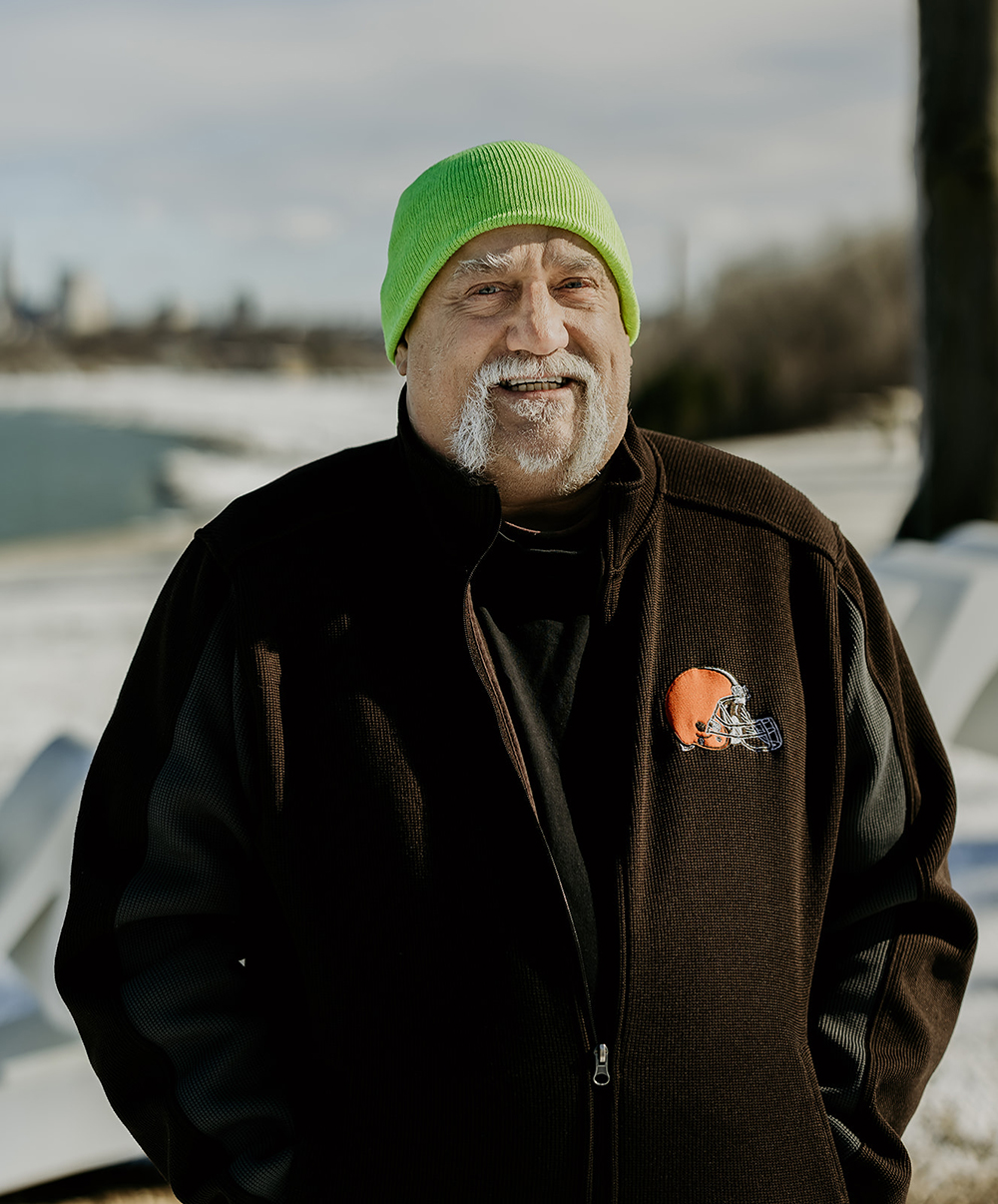
Like thousands of others, Jeff was jailed prior to his trial not because he was convicted of a crime, but simply because he couldn’t afford to buy his freedom. His bail was set at $5,000, with a required 10% payment for release – an amount determined without any discussion of what he could afford.
Those four days behind bars had lasting consequences. The conditions in jail severely affected Jeff’s health. A large man with back problems and sleep apnea, he struggled to sleep on the small cot provided. The food was unhealthy. Though he was given his blood pressure medication, both his blood pressure and blood sugar levels worsened. The stress of incarceration made things worse.
Weeks after his release, Jeff struggled to get his health back on track. He also lost income during his time in jail, making it even harder to catch up on bills. Jeff was not even indicted, making the impact of the experience feel all the more unfair.
“Being in jail for four days disrupted my life.”
“Being in jail for four days disrupted my life,” he said. “A lot of the people in there would have been better off getting counseling than sitting in a jail cell.”
Many people in his position remain in jail for weeks or months, losing jobs, housing, and even custody of their children. Studies show that even a few days in pretrial detention can lead to long-term financial instability, worsening health conditions, and increased likelihood of future arrests. Meanwhile, wealthier defendants can walk free, regardless of whether they pose any threat to others.
Before his arrest, Jeff had never heard of The Bail Project, but he is grateful for the support they provided.
“I agree people need to be helped,” he said.
Jeff’s story is a reminder that while our criminal justice system claims to uphold the principle of ‘‘innocent until proven guilty,” cash bail has twisted that promise into “guilty until proven wealthy.” Jails are dangerous, destabilizing places. People should only be kept behind bars when it is in the best interest of public safety, not simply because they couldn’t afford the price of their freedom.
Thank you for your valuable attention. The urgency and complication of the cash bail crisis requires meaningful participation to create real change – change that is only achieved through the support of readers like you. Please consider sharing this piece with your networks and donating what you can today to sustain our vital work.
